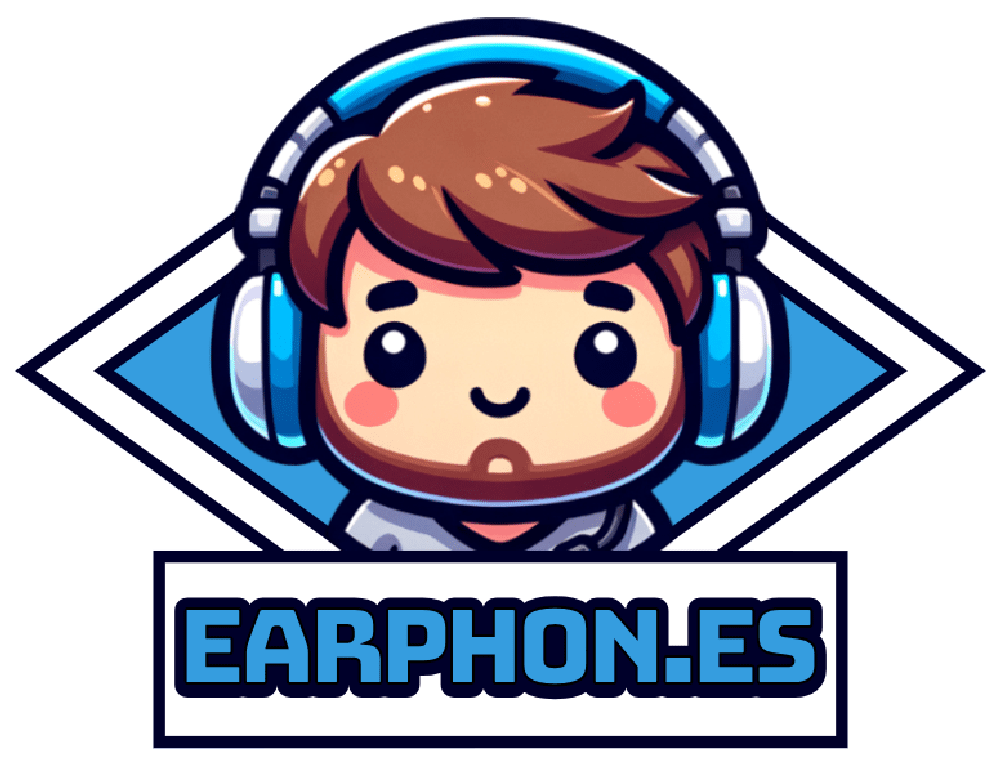No products in the cart.
News
Headphones for Phone Calls vs. Headphones for Music: Key Considerations
While both phone calls and music rely on audio, the ideal headphones for each activity can have different priorities. Phone calls demand clear voice transmission and effective noise reduction, while music listening often prioritizes a balanced sound signature and immersive audio quality. This guide compares headphones designed for phone calls and music listening, highlighting key differences in microphone quality, sound signature, and features to help you choose the perfect audio companion for your needs.

Microphone Quality
For phone calls, microphone quality is paramount. Look for headphones with:
- Clear Voice Pickup: The microphone should accurately capture your voice without distortion or muffling.
- Noise Reduction: A good microphone should minimize background noise, such as wind or traffic sounds, to ensure clear voice transmission.
- Echo Cancellation: This feature reduces echo and reverberation, making your voice sound more natural and clear.
While music headphones may include a microphone for convenience, it’s not always the primary focus. The microphone quality may not be as high as that of headphones specifically designed for phone calls.
Sound Signature
Headphones designed for phone calls often prioritize a balanced sound signature that emphasizes vocal clarity. This ensures that voices sound natural and easy to understand. Music headphones, on the other hand, may offer a wider range of sound signatures, from bass-heavy to analytical, depending on your listening preferences and the genres of music you enjoy.
Features
- Phone Call Headphones: May prioritize features like noise cancellation to block out background distractions during calls. They may also include features like sidetone, which allows you to hear your own voice in the headphones, helping you adjust your speaking volume.
- Music Headphones: May offer features like high-resolution audio support, spatial audio, or customizable EQ to enhance the music listening experience. Noise cancellation can also be beneficial for immersive listening.
Comfort and Design
Both phone call and music headphones should be comfortable to wear, especially for extended use. Consider factors like earcup design, headband adjustability, and weight when choosing headphones. If you primarily use headphones for phone calls, a lightweight and comfortable design with a good microphone is crucial. For music listening, you may prioritize sound quality and features over extreme portability.
Can You Use Music Headphones for Phone Calls?
While music headphones can be used for phone calls, their microphone quality may not be as good as that of dedicated phone call headphones. This can result in less clear voice transmission and more background noise. However, if you primarily listen to music and only occasionally take calls, music headphones with a decent microphone can be a versatile option.
Conclusion
Choosing the right headphones for phone calls or music listening depends on your priorities and usage habits. By understanding the key differences in microphone quality, sound signature, and features, you can select the perfect audio companion to meet your needs.
Do you use different headphones for phone calls and music? Share your preferences in the comments below!
Related Articles
- Best Wireless Earbuds for Phone Calls with Clear Microphone
- Best Bluetooth Headphones for Phone Calls
- How to Choose Headphones for Different Music Genres Like Classical and Rock
